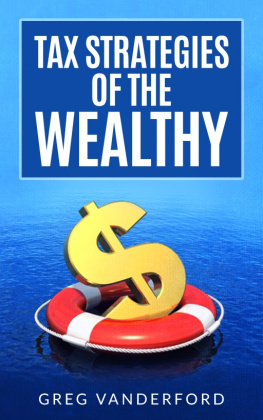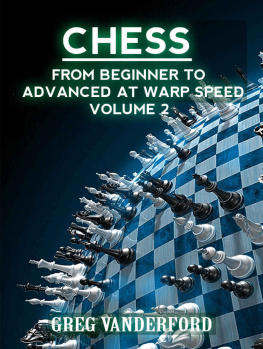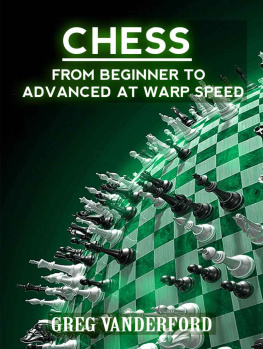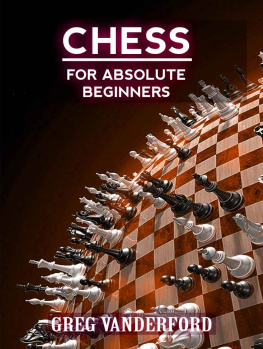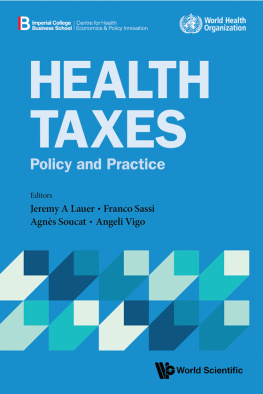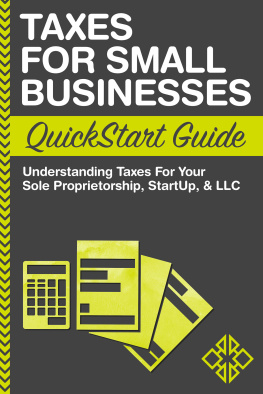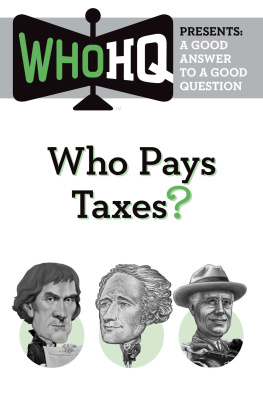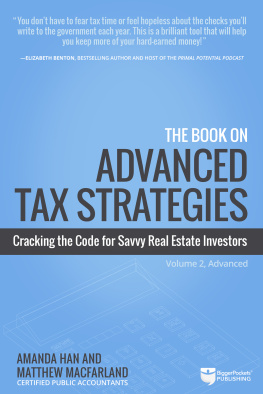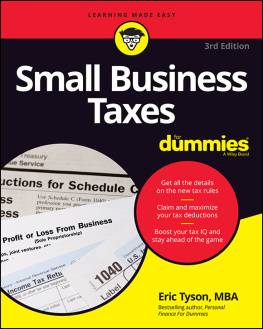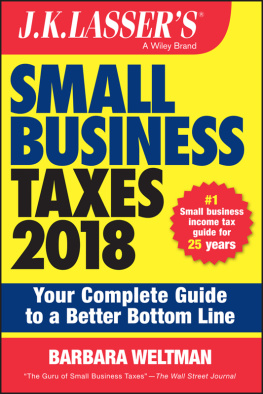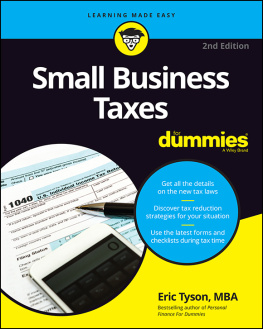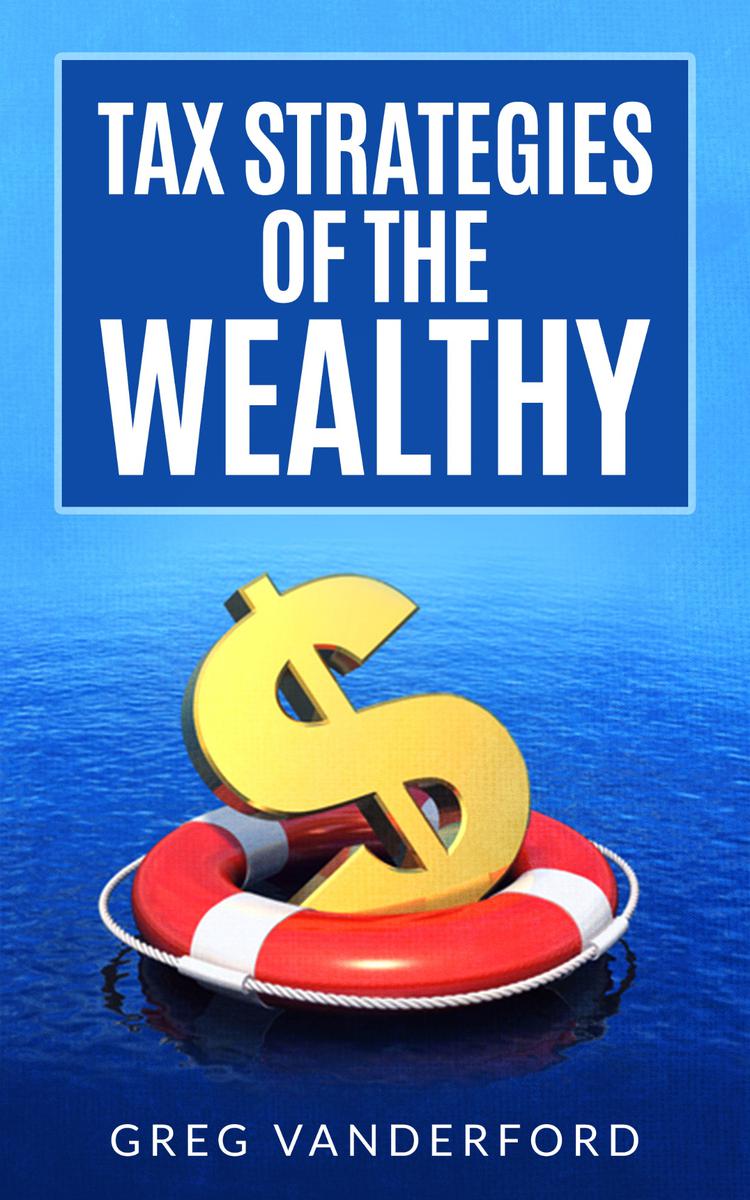
THANK YOU FOR PURCHASING MYeBOOK!
Please use this coupon for95% off my best selling online tax course:
Table of Contents
Introduction-Why the Rich Get Richer
A Brief History of Taxes
Understanding Marginal Rates
How to Maximize Tax Deductions
How to Maximize Tax Credits
Building Wealth Through Tax EfficientRetirement Accounts
Tax Treatment of Foreign Income andAssets
CPAs and Tax Preparation Software
Tax Tips and Tricks of the Wealthy
How to Avoid and Audit by the IRS
Introduction
Needless to say, most people dontexactly enjoy paying their taxes. Not only can the tax bill hurtyour pocketbook, but if youre doing them yourself it can be a hugepain in the neck. On the other hand, if you hire someone else to doyour taxes, not only can that cost a significant amount of money,but research shows that a large number of tax preparers makenumerous mistakes on the typical return.
These are some of the many reasonsthat thinking about taxes is considered one of the least pleasantaspects of being a modern citizen (accountants are an exception!).However, taxes are one of the few things in life that all peopleshare and that if understood, can have a huge impact on yourfinancial situation. In fact, the rich understand this deeply,which is why they spend a large amount of their time and wealthincreasing their tax efficiency so that not only do they pay lessin taxes than their less wealthy counterparts, but they reinvestthe savings that result from their sophisticated strategies andbecome even wealthier and at an accelerated rate.
This scenario causes a positivefeedback loop wherein the wealthy individual eventually becomes sorich, that their capital compounds on itself by itself, making workunnecessary. While taxes are only one facet of an individual orfamilys (or company for that matter) overall financial picture,understanding how to minimize your taxes legally through strategiesmostly used by the wealthiest households, will accelerate thewealth building process no matter what your current level of incomeis.
Its amazing that in the21 st century, the average school curriculum not only doesnt teachstudents anything about a subject that literally everyone needs tounderstand, but most schools have very few courses on personalfinance, investing, or business. Many have no courses related tothese subjects at all. No wonder most people know nothing aboutbuilding wealth and reducing their tax bill!
In this book, you aregoing to learn not only how to reduce your tax bill through suchstrategies as maximizing your deductions and credits, but also bymaximizing the use of tax efficient retirement accounts andinvestment vehicles such as the Traditional and Roth IRA accountsamong others. In addition, you will learn how to think about taxes likethe wealthy, which is really what its all about.
Saving a penny or two here and therewont make much difference to your overall financial situation. Butif you learn to think about the tax consequences of your decisions,and learn how to maximize your tax efficiency using the material wewill cover in this book, not only will you be a step ahead of thevast majority of your peers, but you will have made a giant steptoward becoming financially independent and building the life thatyou deserve for yourself and your family.
A Brief History ofTaxes
For a large part of Americas history,there were actually no taxes at all (after the American Revolutionthat is). In fact, up until 1913 on the eve of World War I, therewas no income tax, and this tax was only 1% of income! It wasntuntil the eve of World War II that taxes were universally withheldfrom workers paychecks using the system we are familiar withtoday. We have become so used to paying not only income taxes, butso many forms of tax that we literally cant imagine a worldwithout taxes. Well, the rich can imagine this world, because manyof them not only pay less than the average person in taxes, theypay nothing at all!
You may be wondering, how is thatpossible? Well, as I said we dont learn about this during ourofficial public school educations, but the truth is there are waysto reduce your tax bill so low that you are either paying virtuallynothing in taxes, or literally nothing. Thats what this book isall about. How is it that not only do the wealthy pay fewer taxes,but actually pay less in taxes the wealthier they become? Thisseems like it would be impossible if you know anything aboutmarginal rates, which well cover in the next chapter.
Since America, and most othercountries, have a progressive tax code that increases along withhigher levels of income, it seems like it would be impossible forthe rich to pay less than the middle and lower middle class. Butdue to various loopholes and investing strategies, not only is itentirely possible to pay almost nothing in taxes, but its not eventhat difficult.
The simple reason that most peopledont know how to do it is because they werent taught how to inschool. In fact, not only were we not taught how to save money ontaxes in school, but our school system actually subtly instills inus the notion that wanting to be wealthy is bad and studyingpersonal finance is somehow a vulgar pursuit for the greediestamong us. It is beyond the scope of this book to explore why oursociety has decided to treat business and economics as anunimportant subject. Instead, we will use our time to explore howwe can use the current system to follow tax strategies of thewealthy to become rich ourselves.
The very first tax in history waslevied by President Lincoln during the Civil War to raise funds forthe war effort. At the time, the 3% income tax was considered alot, but it was only levied against individuals that had an annualincome over $800 (a significant amount at the time). While I saidabove that the first income tax didnt take place until 1913,thats because the tax levied in 1861 wasnt universal and wasactually rescinded only a few years later. So it was really just atemporary tax that affected a relatively small number ofindividuals. And the rate was only 3%!
Obviously, we have a lot moregovernment services now than we did then, but it doesnt change thefact that as time has gone on, more and more additional taxes havebeen levied against the citizens of the country, to the point wherethere is now a tax on almost everything (sales tax, property tax,inheritance tax, income tax, capital gains tax, corporate tax, taxon the income of American expats (aka. Double taxation!), and thelist goes on. But the wealthy have identified ways to get around orpartially avoid almost all of the taxes mentioned in the abovelist, and they do it legally.
Almost as soon as the governmentstarted levying taxes, the upper class began devising ways to avoidit. And some of those early strategies continue to work to thisday. For example, no matter how high the highest marginal rate is(at the time of this writing it is 39.6% on incomes over about$250,000 per year for individuals) if your income is derived fromlong term capital gains that come due through the sale ofinvestments such as stocks or real estate, you pay an effectiverate of only 15-20% depending on the situation.
This is already lower than the ratethe average citizen pays, which is closer to 30%. But this rate canbe reduced even further by maximizing the numerous deductions andcredits allowed by the government such as deducting interest paidon home mortgages, and any expense related to a business that youown. This is one of the main reasons that 90% of all millionairesare small business owners. In addition to the fact that owning abusiness tends to increase your income over a regular wage earner(even relatively high wage earners like lawyers or dentists), thetax benefits that are possible through business ownership aresignificant. When you combine these two factors together, what youget is a turbo charged wealth building strategy that is virtuallyguaranteed to make you rich over time.
Next page
